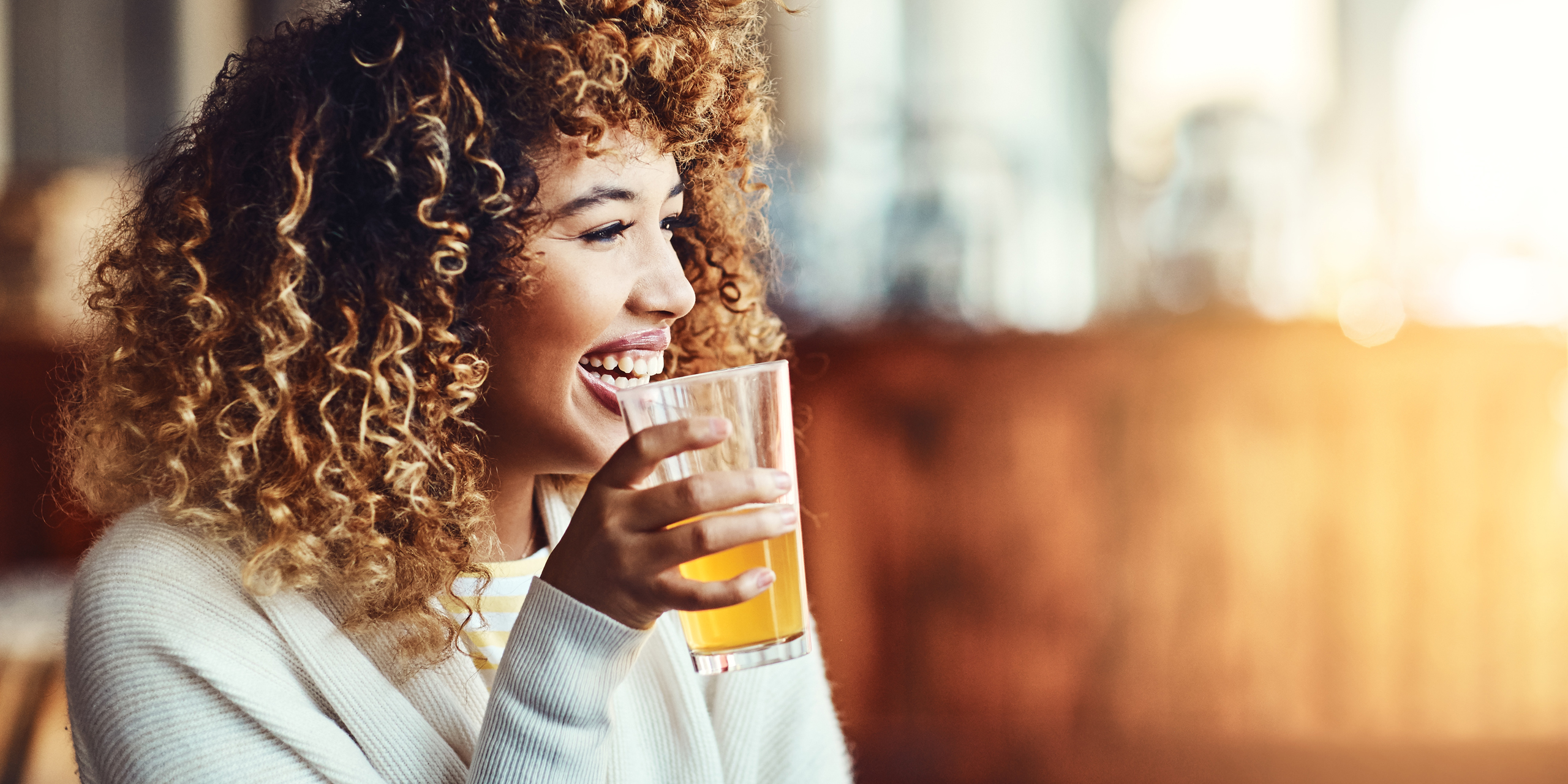Alcohol & Snoring: Does Alcohol Make You Snore?

A night on the sauce can bring laughter and smiles but can also disrupt your sleep and make that pesky snoring habit even more obnoxious. Those that suffer from sleep apnea often find their symptoms are worsened and those who do not normally snore will be sawing logs like a pro due to alcohol’s impact on the body.
Alcohol and Snoring: How to Deal with Snoring After Drinking
As a depressant, alcohol has muscle-relaxing effects. This includes the muscles in the throat, in particular, the epiglottis. During sleep, the air passage in the esophagus can constrict as the muscles tasked with keeping those passages clear become relaxed. To satisfy the need for oxygen, the body compensates by more forcefully inhaling air. As the air passes over the soft esophageal skin, it vibrates, causing characteristic snoring sounds.
The effects are exacerbated further by alcohol’s overall impact on sleep. The body requires REM sleep, the dream-state sleep phase, to fully recover. Alcohol as a sleep aid is not a good idea. While it brings on drowsiness, it delays the transition from pre-REM sleep to REM sleep. The result is that groggy, tired feeling most encounter the morning after, despite having “gotten their 8 hours.”
In turn, habitual drinkers are constantly in a state of sleep deprivation. This impacts the body’s normal operating functionality and efficiencies and leads to more pronounced snoring while under the influence.
All of this is not to say alcohol cannot be enjoyed in a responsible manner. But for the sake of bedfellows and the ability to breathe easy while achieving a restful night’s sleep, doctors advise limiting the intake of alcohol in general and especially in the hours prior to sleep.
Best Boozing Practices
Fortunately, there are ways to combat snoring if alcohol consumption is a foregone conclusion. Many tools exist, including various forms of snoring mouthguards and mouthpieces, which serve to position the jaw in a manner to assist in keeping air passages open throughout the night.
Consult a healthcare provider to learn more about these options. If a glass of wine or a tall beer is part of your nightly wind-down process, try to finish your last beverage at least 3 hours before bed to help minimize the impact on your sleep. If reducing your alcohol consumption fails to resolve your bedtime snoring, you may want to investigate additional causes of snoring.